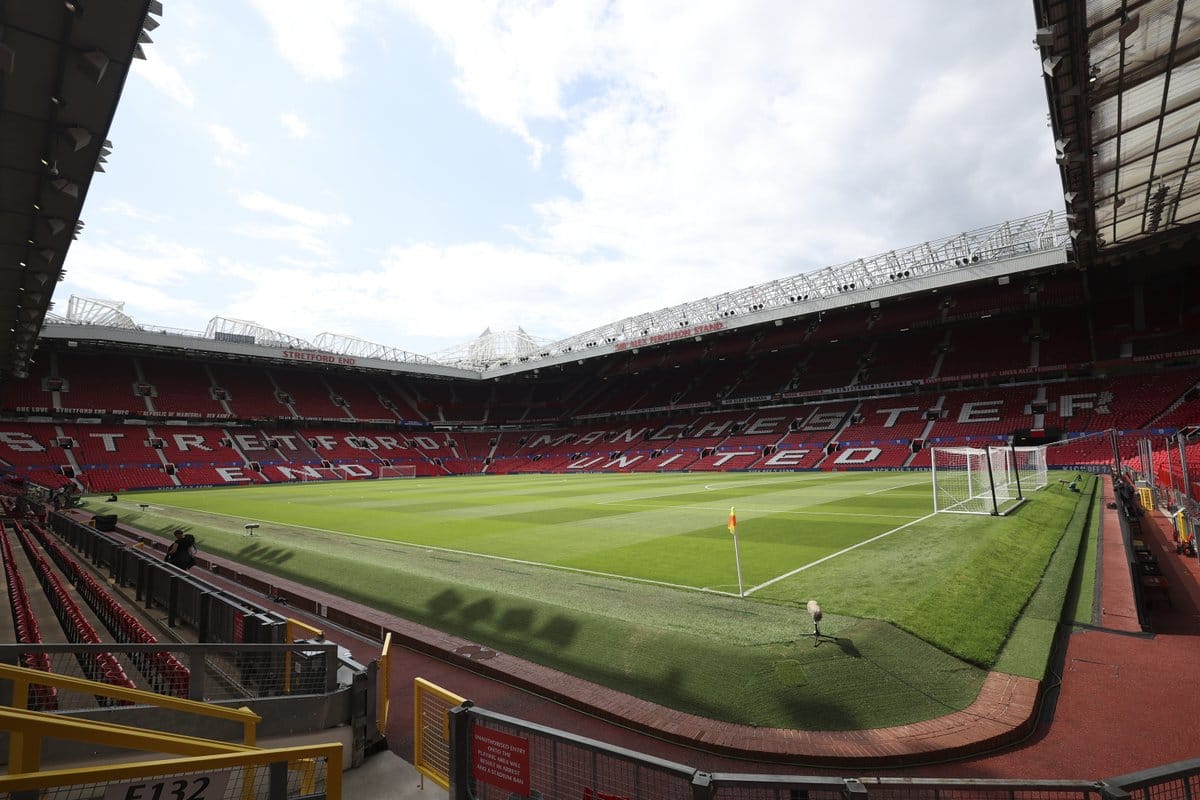Football has developed into a major business endeavor in addition to being a sport. The media, journalists, television broadcasters, and the film industry are all involved in addition to athletes, coaches, club directors, and investors. Football’s significance extends beyond the field and is entwined with the economic fabric of a country.
In Germany, the way football games are organized has a significant economic impact. Fans go from all around Europe and beyond to see the sport, which boosts the state’s economy. Furthermore, the economy benefits even more from the money made by the rental of stadiums and training facilities. By offering services and collecting taxes, the hospitality sector, hotels, inns, taxi services, tour guides, and many more brands and businesses prosper.
Even if there are clear distinctions between the entertainment industry and the football industry, football is still the main source of entertainment for its fans. With chances for football fans to participate in football betting, make predictions, place bets, and perhaps win money, the two domains are intimately related.
This investment is usually worthwhile, especially during national and international competitions, because the football industry requires significant financial commitments from investors who anticipate returns, profitability, and success.
Five games were played on January 11, 2025, as part of Matchday 16 of the Bundesliga: Union Berlin lost against Heidenheim away from home under new coach Steffen Baumgart, while Eintracht Berlin won thanks to a vital goal from Marmoush. Wolfsburg defeated Hoffenheim.
All things considered, the matchday produced exciting matches that heightened the competition among the best teams in the league.
For a variety of reasons, many gifted German football players, particularly young ones, hope to make their Bundesliga debut.
Were you aware? The first game of the Bundesliga was played in 1963, the year it was founded. Its establishment was not without difficulties, though.
The previous system, which had proclaimed the German champion since 1903, was resisted by many officials and supporters. Based on regional championship winners, eight (later sixteen) teams first faced off in a knockout style at the end of the season to select the victor.
There were serious problems with this construction. The 1930s saw ‘1. FC Nürnberg’ and ‘FC Schalke 04’, two of the nation’s top teams, clash only in the championship game, raising questions about whether team was indeed the best.
The Bundesliga was founded with the intention of changing this. Instead of using single knockout matches, which were sometimes compared to a lottery, it was thought to be more equitable to choose the winner based on the outcomes of a whole season. The Bundesliga was the solution to the dire need for extensive reforms in German football.












